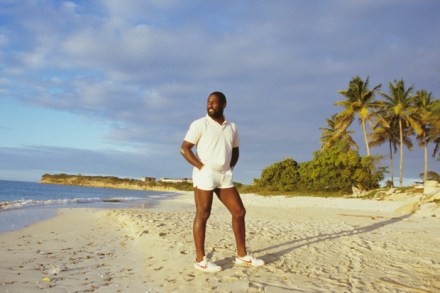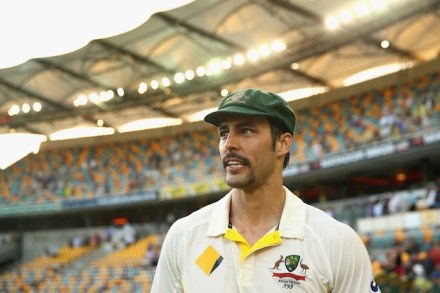Roger Alton: The day Viv Richards came to watch me play cricket
Sir Vivian Richards came to watch me play cricket the other day. That’s the sort of sentence you wait a lifetime to write. What’s more it’s true. Sort of. I haven’t been able to say anything like that for ten years, just a few days before the Rugby World Cup final in Sydney in November 2003. I was at a screening at the National Film Theatre of a nautical epic called Master and Commander, starring Russell Crowe and Paul Bettany. Afterwards there was a Q and A with the actors. After a series of standard questions about the cinematography and suchlike, I put my hand up. ‘A question for Mr




